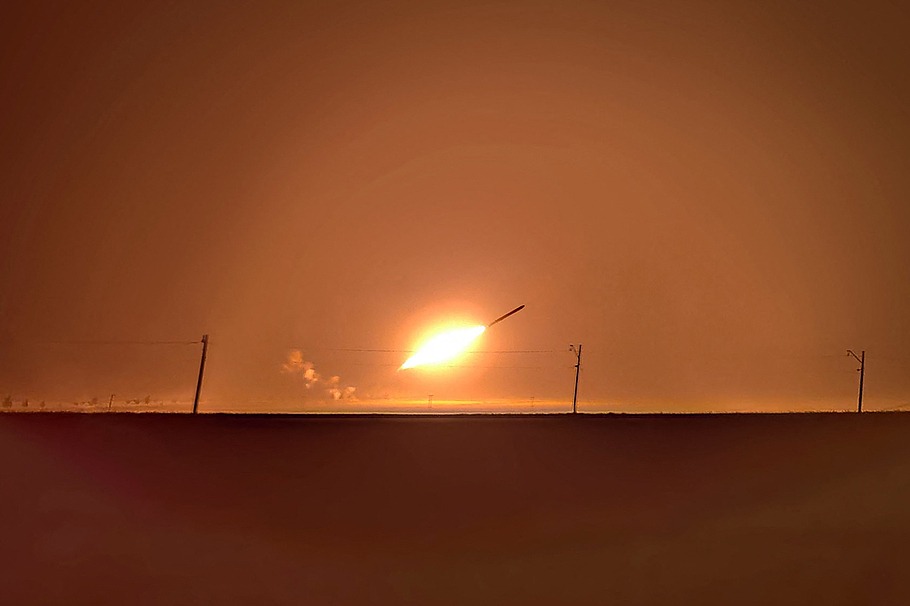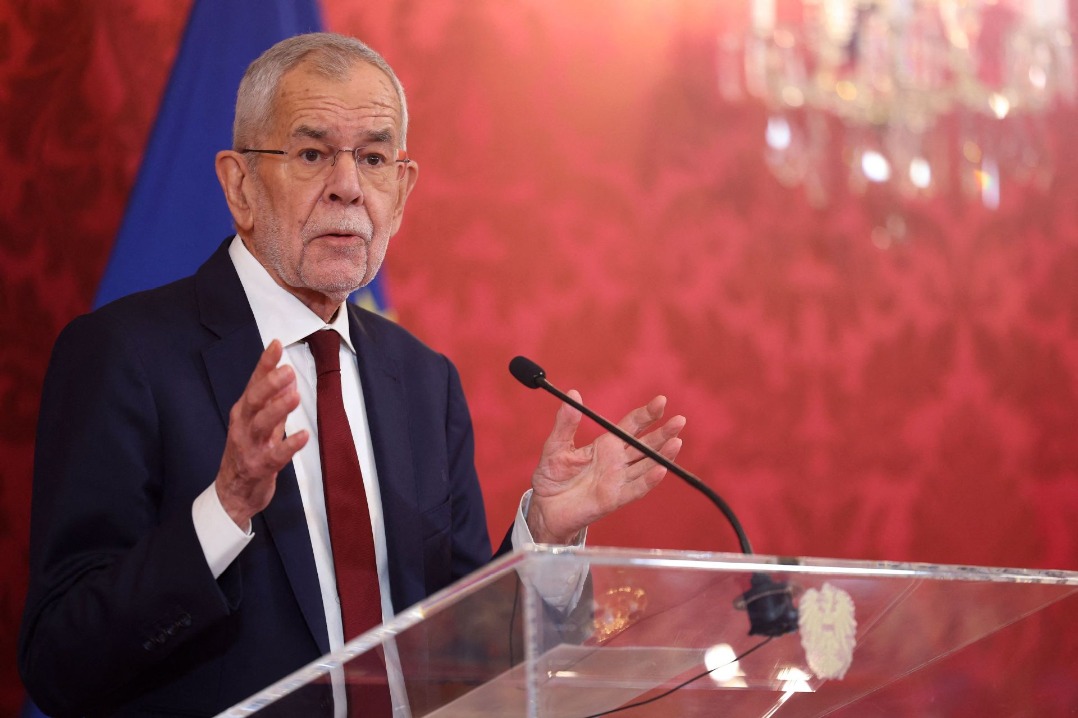German business sector condemns Trump's decision on Iran nuclear deal

BERLIN - German business representatives widely condemned US President Donald Trump's decision to withdraw from the Iran nuclear deal on Tuesday night.
Reacting to the announcement by Trump, Volker Treier, international trade expert at the German Chambers of Industry and Trade (DIHK), expressed concern that the departure of the United States from the deal could harm economic relations between Germany and Iran by increasing uncertainty for businesses.
"It is now up to the (German) federal government and the European Union (EU) to restore lost trust in European commerce with Iran," a statement by Treier read.
The DIHK has repeatedly emphasized that a recent recovery in trade between Germany and Iran largely owed to the successful conclusion of negotiations with Iran back in 2015.
Treier lamented that Trump's "abrasive" style of diplomacy threatened to "nip the delicate flower of progress achieved thus far in the bud."
Similarly, Dieter Kempf, president of the Federation of German Industries (BDI) told the press that the companies his body represented felt "deep regret" that Washington had withdrawn from a hard-won international agreement.
According to Kempf, Trump's move put the credibility of long-standing foreign-, security- and economic policies in the Middle East at risk. "Our companies were very hopeful at the opening of the (Iranian) market and the elimination of economic sanctions. These prospects have now been significantly impaired," he complained.
The BDI president said it was essential that the EU cooperated with other international partners interested in upholding the principle of multilateralism to declare their lasting commitment to the Iran nuclear accord. Kempf hereby firmly rejected a demand made by US ambassador to Germany Richard Grenell on Twitter for German firms to "wind down operations immediately" in Iran.
Thilo Brodtmann, president of the German Engineering Federation (VDMA) also expressed optimism that core tenets of the deal could be saved if Teheran and the remaining partners worked together towards that end.
Brodtmann noted that trade with Iran would remain legal for German firms as long as the EU did not reactivate older economic sanctions against the country.
He emphasized that German engineering exports to Iran had grown by around 21 percent to 901 million euros ($1.07 billion) in 2017. The future development of such trade was unpredictable without the framework of the nuclear accord.
Across different industries, German exports of goods to Iran increased by around 400 million euros to a total of 3 billion euros during the past year. German-Iranian commerce has soared by 42 percent since sanctions were loosened in 2016, gradually returning to levels last experienced in the decade between 2000 and 2010.































